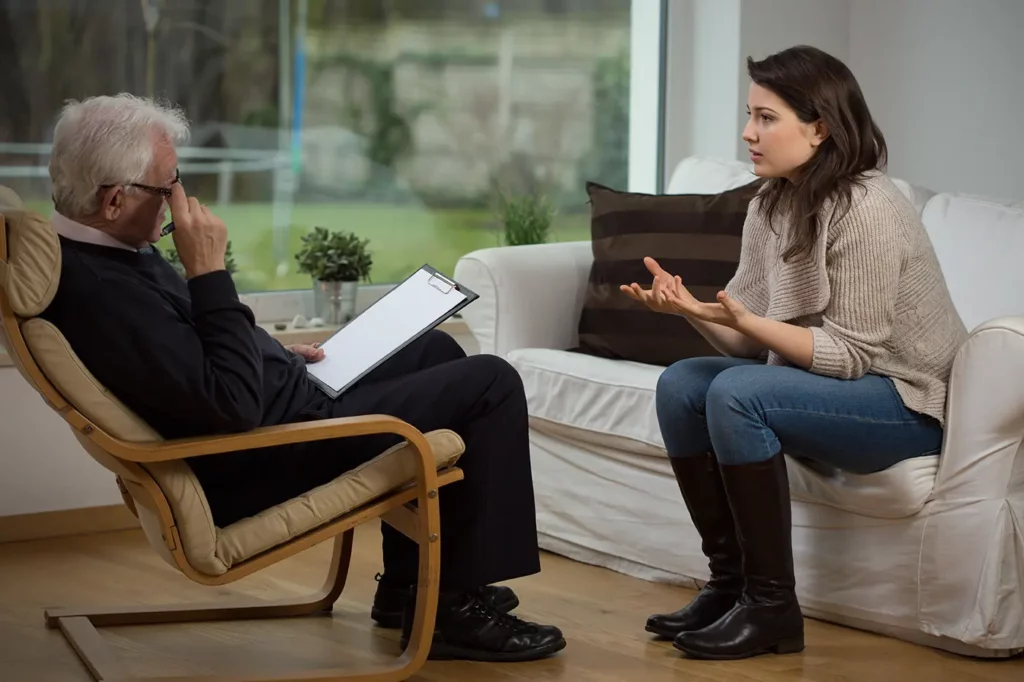24/7 Helpline:
(866) 899-221924/7 Helpline:
(866) 899-2219
Learn more about Opioid Rehab centers in Floyd County
Opioid Rehab in Other Counties

Other Insurance Options

Covered California
Beacon

Sliding scale payment assistance

Group Health Incorporated

Holman Group

WellCare Health Plans

Optima

Choice Care Network

BlueCross

UnitedHealth Group

Absolute Total Care

EmblemHealth

Access to Recovery (ATR) Voucher

Magellan

MVP Healthcare

UMR

Self-pay options

Highmark

WellPoint

ComPsych

New Horizons Treatment Center
New Horizons Treatment Center is a private rehab located in Rome, Georgia. New Horizons Treatment Ce...

Highland Rivers Health – Floyd Recovery and Wellness Center
Highland Rivers Health provides a variety of treatment programs and services to meet your individual...

Rome Memorial Hospital – Senior Behavioral Health Unit
Rome Memorial Hospital – Senior Behavioral Health Unit is a private rehab located in Rome, New York....

Neighborhood Center – Behavioral Health
Neighborhood Center – Behavioral Health is a private rehab located in Rome, New York. Neighborhood C...
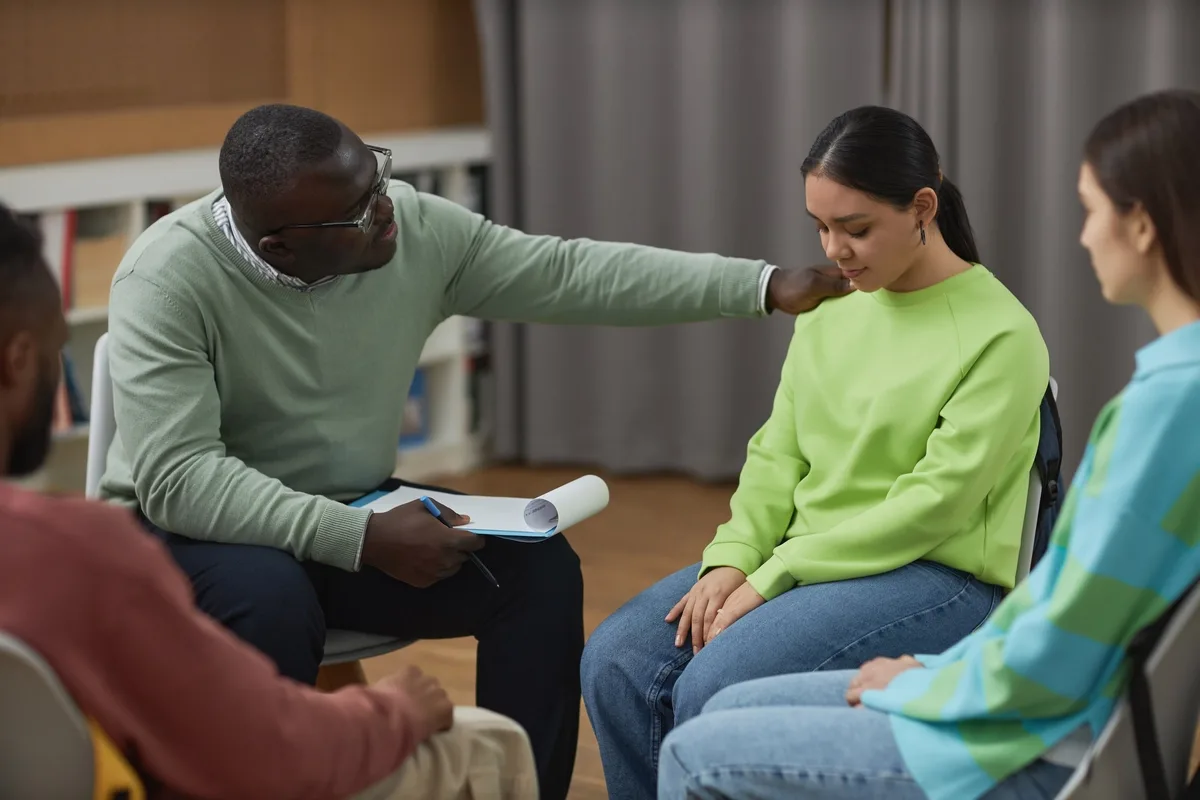






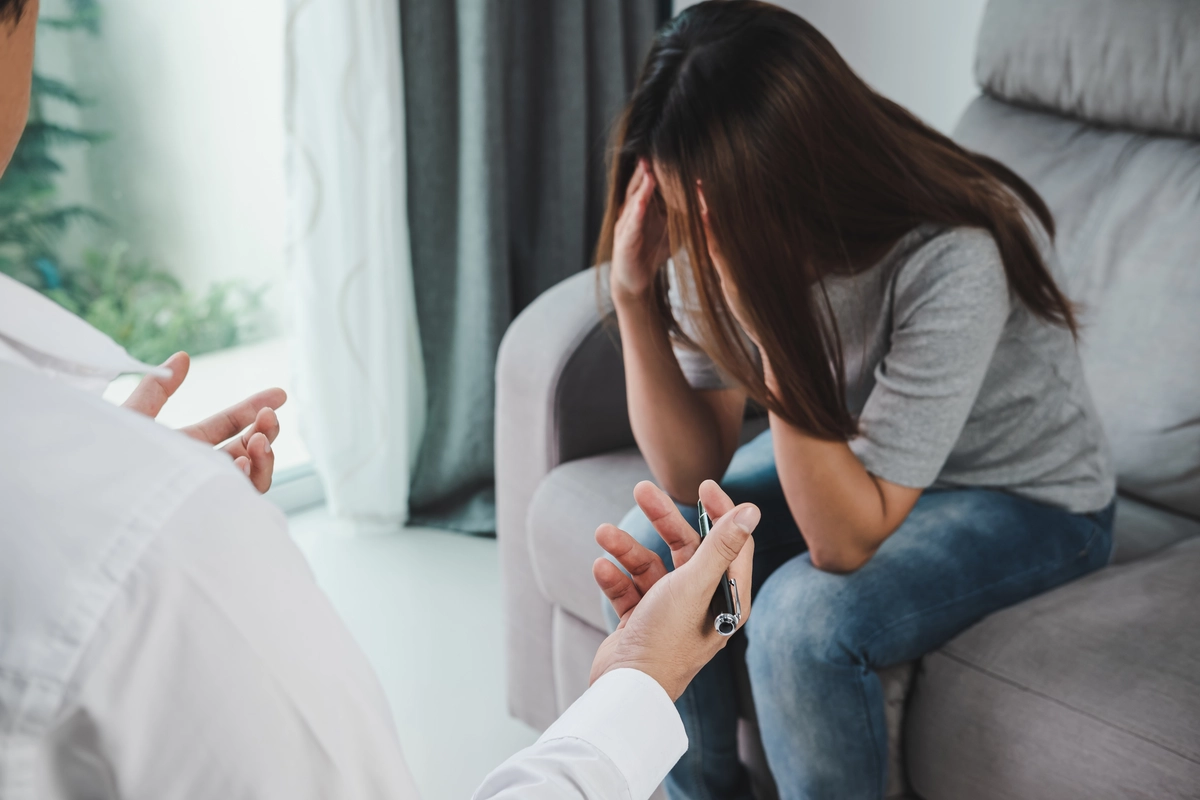


















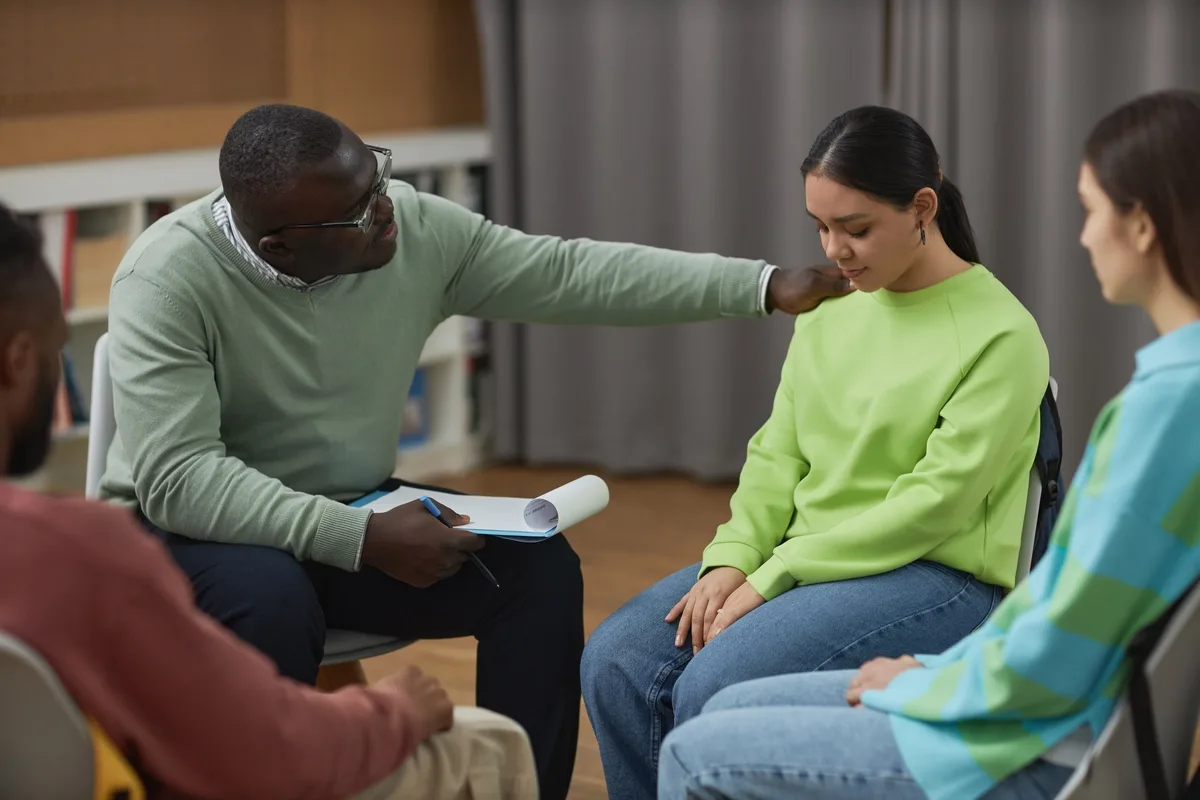









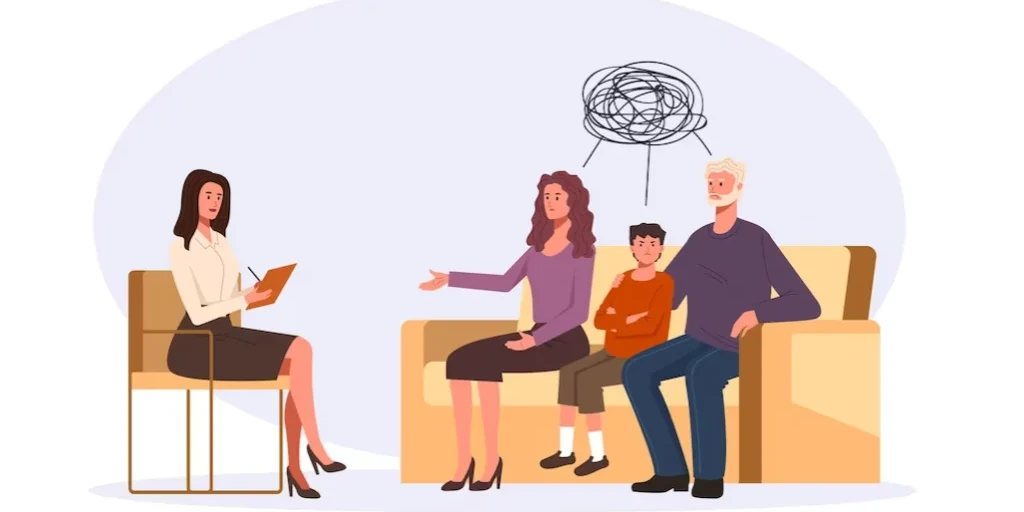







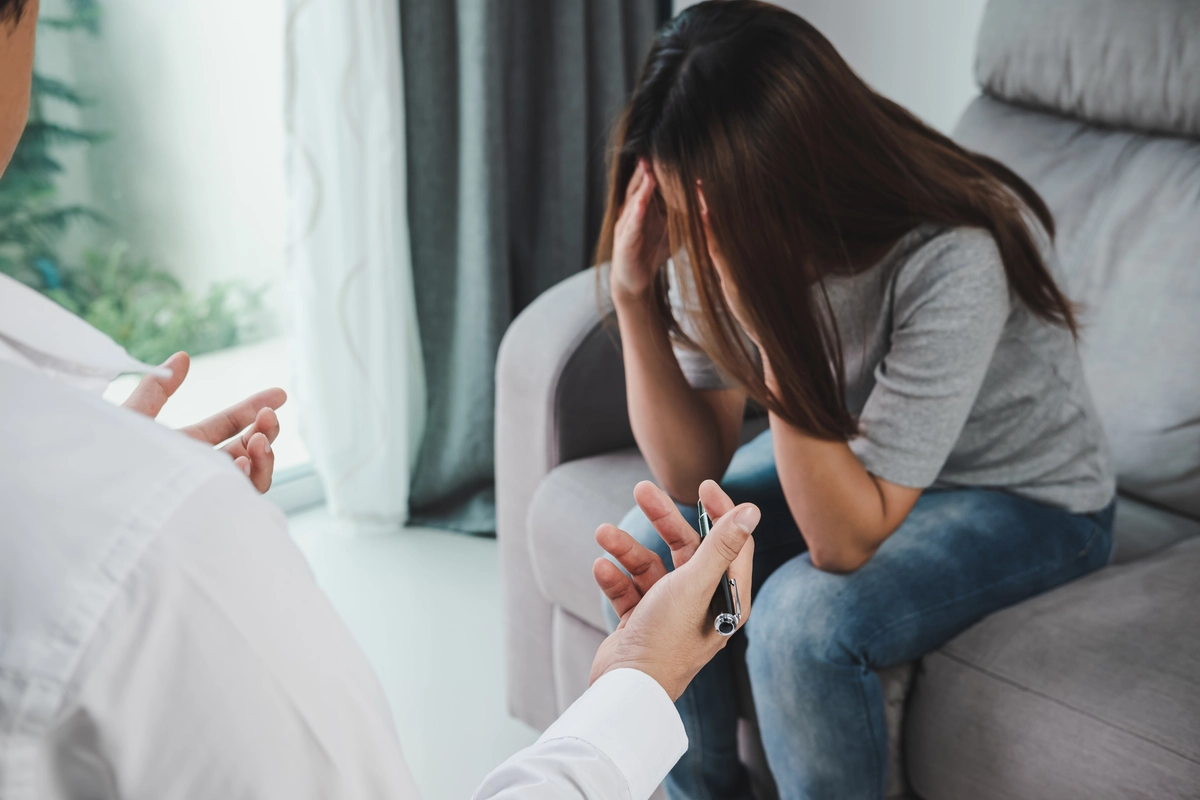

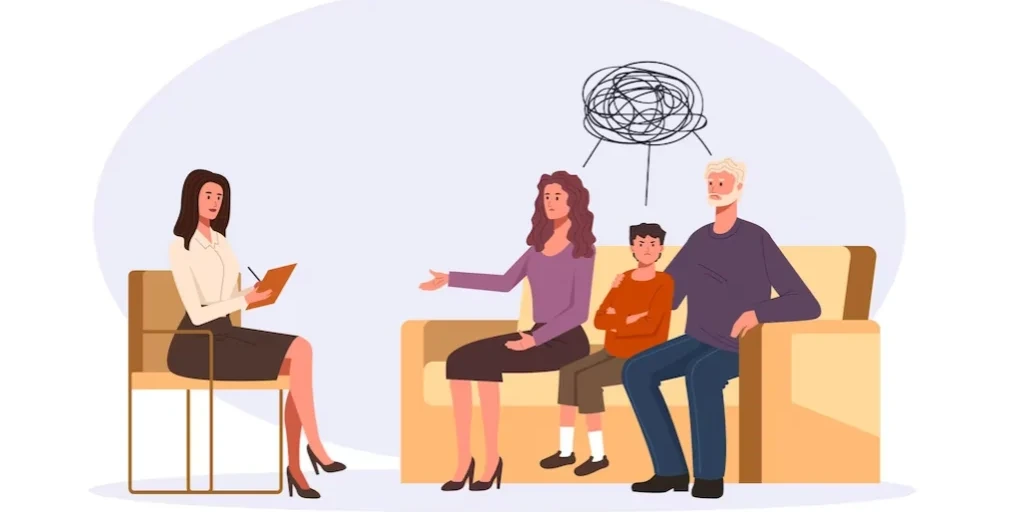








AA – Alcoholics Anonymous – Meeting Information
AA – Alcoholics Anonymous – Meeting Information is a non-profit rehab located in Rome, Georgia. AA –...

Highland Rivers Health – Crisis Stabilization
Highland Rivers Health - Crisis Stabilization provides a wide variety of behavioral healthcare servi...

Center for Family Life and Recovery
Center for Family Life and Recovery provides Prevention, Mental Health, and Behavioral Services, as ...
Beacon Center
Beacon Center - West Liberty Street offers outpatient treatment for individuals with alcohol and/or ...



































